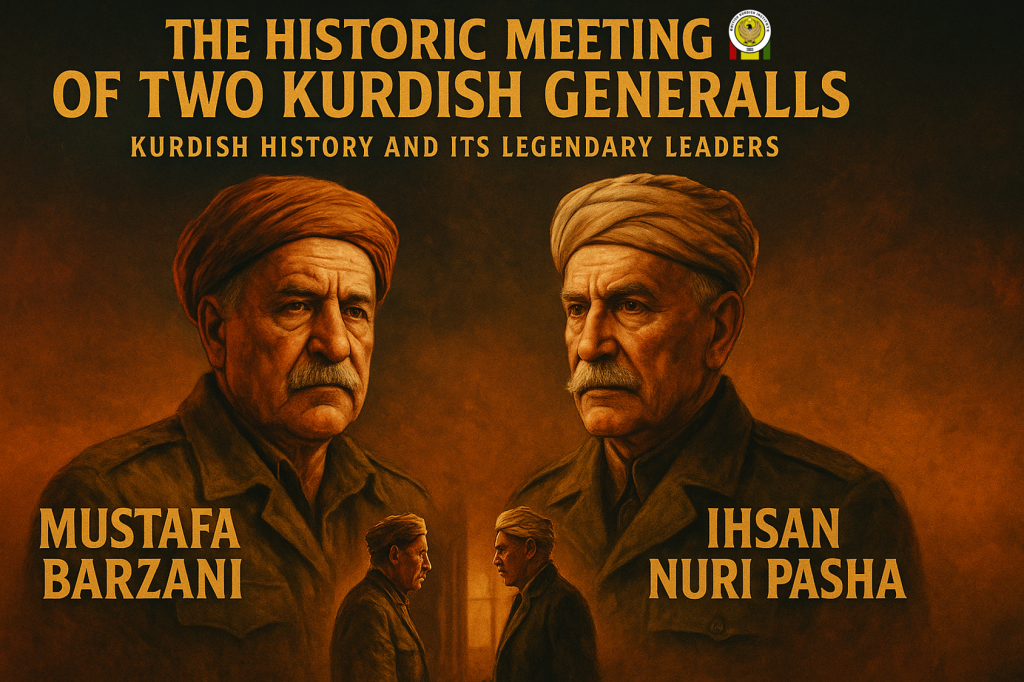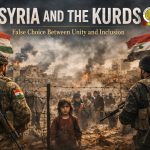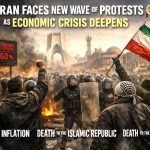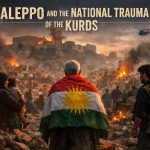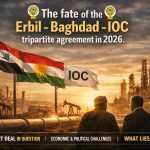Kurdish History and Its Legendary Leaders
Kurdish history is filled with great figures who dedicated their lives to the nation. Among the most respected are General Mustafa Barzani and General Ihsan Nuri Pasha, two military leaders who left an enduring mark on the Kurdish struggle for freedom.
General Ihsan Nuri Pasha led the Ararat Revolution (1927–1930), while General Mustafa Barzani became the symbol of Kurdish resistance, spearheading multiple uprisings, including the September Revolution (1961–1975)—the longest Kurdish revolution in modern history.
Yet beyond their military achievements, one historic event stands out: their brief but symbolic meeting in Tehran, a moment remembered by eyewitnesses as a rare encounter between two Kurdish giants.
Eyewitness to History: Mohsin Dzeyi
The story of this meeting comes from Mr. Mohsin Dzeyi, a close comrade of General Barzani. Years ago, during an interview for the historical program Panjamor in Erbil, Mohsin shared his firsthand memories of both generals.
Despite his old age, he recalled events with remarkable clarity. Speaking about Barzani, he said:
“I don’t think Kurdish history will ever see another General Barzani. He never distanced himself from the poor of his nation; instead, he relied on them.”
The Long-Awaited Meeting in Tehran
According to Mohsin Dzeyi, the Iranians often tried to prevent contact between the two leaders. At times, they claimed Ihsan Nuri was sick; other times, they said he was traveling. Still, Barzani’s determination never wavered.
Finally, the meeting happened. Mohsin recounted:
“Mam Hazhar and I were with Barzani when we visited the old general’s modest apartment, which had only a hall and a bedroom. Because the visit was unplanned, Ihsan Nuri Pasha did not immediately recognize Barzani. The conversation was brief, under Iranian supervision, but it was historic. Two Kurdish leaders who had crossed Kurdistan’s artificial borders countless times finally stood face to face.”
Strength and Emotion
When asked whether Barzani shed tears during this encounter, Mohsin Dzeyi explained:
“Mullah Mustafa was a brave man. I only saw tears in his eyes once—when his brother Sheikh Babo died. Ihsan Nuri Pasha himself attended that funeral.”
This glimpse into Barzani’s character shows both his strength and his deep humanity.
The Legacy of Ihsan Nuri Pasha’s Passing
History records that the Shah’s regime often eliminated Kurdish leaders it considered a threat. Despite this dark reality, Barzani ensured respect was shown to Ihsan Nuri Pasha even in death.
On Barzani’s recommendation, Mohsin Dzeyi and Idris Barzani attended Ihsan Nuri’s funeral in Tehran. The ceremony was joined by many Kurds, particularly from Eastern Kurdistan, who gathered to honor the legendary general.
Conclusion: A Symbolic Encounter in Kurdish History
The meeting between General Mustafa Barzani and General Ihsan Nuri Pasha was more than a casual visit. It represented a symbolic connection between two legendary Kurdish leaders who fought for the same dream: a free and united Kurdistan.
Though brief, their encounter in Tehran remains a milestone in Kurdish history—one that continues to inspire generations and keep alive the memory of their unyielding struggle.

